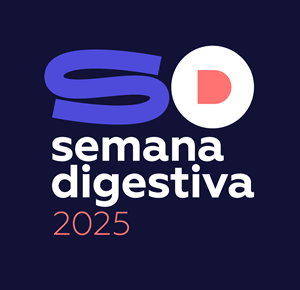Methods: Retrospective analysis of clinical and endoscopic data of patients admitted from January/2016 to December/2018 for upper gastrointestinal bleeding (UGIB). The association between weekend admission and the timing of endoscopy; level of hospitalisation; surgery need; rebleeding and mortality was evaluated.Results: A total of 545 patients were included. No significant association between weekday and weekend admissions was observed in any of the outcomes. The majority of patients underwent upper endoscopy up to 12 hours after admission (62.0% vs. 57.2%, weekday vs. weekend admission, respectively), with similar timings of endoscopy between both groups (p=0.607). Hospitalization in intensive/intermediate care units (41.6% vs. 42.8%, p=0.869) was not related to the day of admission. Also, no differences were assessed in the following outcomes: surgery need (5.8% vs. 6.3%, p=0.843), rebleeding (9.3% vs. 6.2%, p=0.289) and mortality rates (6.2% vs. 2.4%, p=0.103).Conclusion: In this sample of patients with NVUGIB, clinical management and results were independent of the day of admission. The absence of “weekend effect” seems to be related to the gastroenterology emergency model evaluated and its continuous access to endoscopic resources.

 Semana Digestiva 2025 | Todos os direitos reservados
Semana Digestiva 2025 | Todos os direitos reservados